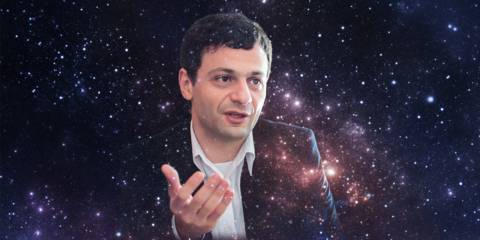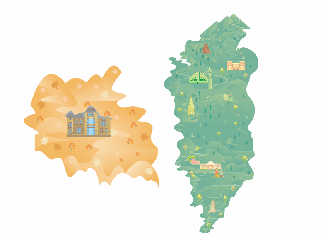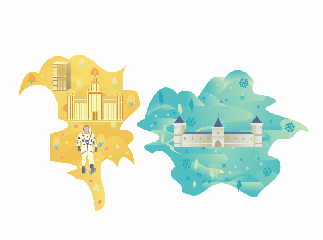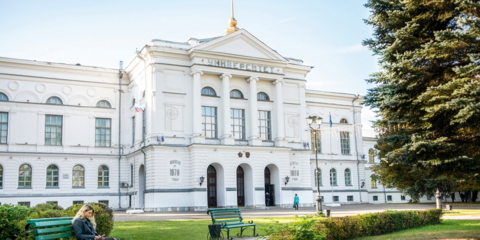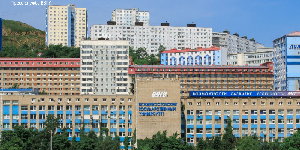The Russian higher education model is similar to European standards. However, it has its specific features. Along with the Specialist degree, a traditional form of higher education for Russia, there is a two-tier system – Bachelor's degree + Master's degree.
What degree can you start or continue your professional development from in Russia? How do higher education levels differ? Can you find a job with a Russian diploma after you return home? How has the training of highly qualified personnel changed? You ask, we answer.
In Russia, you can get higher education at universities, institutes, and academies. International applicants are eligible for fee-paying and state-funded studies at Russian universities on an equal footing with Russian citizens. They can choose a full-time, part-time or extramural form of study.
After Russia had signed the Bologna Declaration, Bachelor's and Master's degrees were introduced in addition to traditional Specialist degrees.
Let us compare these academic degrees by common features.
Previous level of education: General secondary education or equivalent
Duration of full-time study: 4 years
Academic qualifications: Bachelor's degree certificate
Qualification after graduation: Bachelor
Type of study: General basic training in a particular field without specialization
Form of final state certification: State exams, preparation and defense of Bachelor's thesis
Further study: Master's degree
Previous level of education: Bachelor's degree or equivalent
Duration of full-time study: 2 years
Academic qualifications: Master's degree certificate
Qualification after graduation: Master
Type of study: In-depth study of theoretical aspects with a focus on research
Form of final state certification: State exams, Master's thesis defense
Further study: PhD degree
Previous level of education: General secondary education or equivalent
Duration of full-time study: 5 years
Academic qualifications: Specialist degree certificate
Qualification after graduation: Specialist
Type of study: Focus on practical work in the chosen field
Form of final state certification: State exams and graduation thesis (project) defense
Further study: Master's degree or PhD degree
Previous level of education: Master's degree or Specialist degree
Duration of full-time study: 3–4 years
Academic qualifications: Candidate of Sciences certificate
Qualification after graduation: Researcher, Research teaching fellow
Type of study: Research in the chosen field
Form of final state certification: Certification in the form of thesis proposal defense
Further study: Doctoral degree

